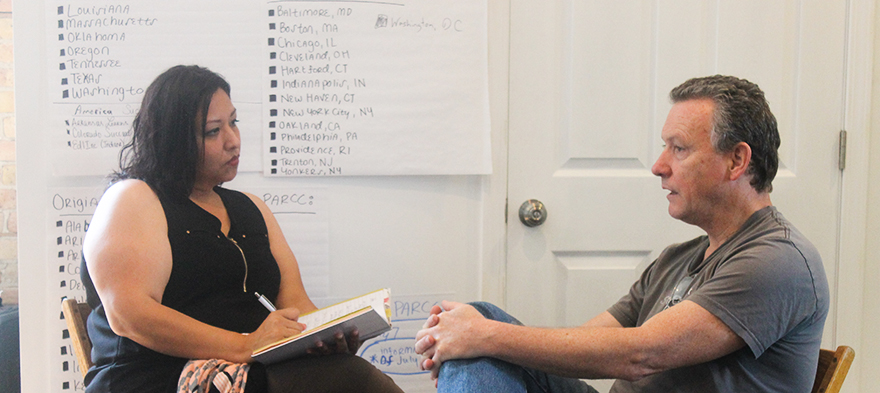
May 4, 2017 12:00:00 AM
Peter Cunningham is the founder of Education Post and serves on its board. He served as Assistant Secretary for communications and outreach in the U.S. Department of Education during the Obama administration’s first term. Prior to that he worked with Arne Duncan when he was CEO of the Chicago Public Schools. Peter is affiliated with Whiteboard Advisors, a DC-based education policy, research and communications firm. He serves on several non-profit boards, including Oakland-based Great Schools, which provides school quality information to parents through a national online platform, The Montessori School of Englewood, a Chicago public charter school, Manufacturing Renaissance, a career education program that trains public high school students for jobs in manufacturing, Unbounded, an organization supporting teachers in schools that are transitioning to higher standards, and Foolproofme.com, which is focused on financial literacy for students. Peter founded Cunningham Communications, serving public, private and nonprofit clients, worked for political consultant David Axelrod, and was a senior advisor and speechwriter for Chicago Mayor Richard M. Daley. A native New Yorker, Peter began his career as a journalist with small weekly newspapers in New York. He earned an M.S. in Journalism from Columbia University and a B.A. in philosophy from Duke University. He is married to artist Jackie Kazarian, and they have two adult children who are proud graduates of the Chicago Public Schools. Peter joined the Education Post board in 2018 after stepping down as the organization's Executive Director. Meet our board →
The story you tell yourself about your own math ability tends to become true. This isn’t some Oprah aphorism about attracting what you want from the universe. Well, I guess it kind of is, but...
If you have a child with disabilities, you’re not alone: According to the latest data, over 7 million American schoolchildren — 14% of all students ages 3-21 — are classified as eligible for special...
The fight for educational equity has never been just about schools. The real North Star for this work is providing opportunities for each child to thrive into adulthood. This means that our advocacy...
Your donations support the voices who challenge decision makers to provide the learning opportunities all children need to thrive.
Ed Post is the flagship website platform of brightbeam, a 501(c3) network of education activists and influencers demanding a better education and a brighter future for every child.
© 2020–2024 brightbeam. All rights reserved.
Leave a Comment